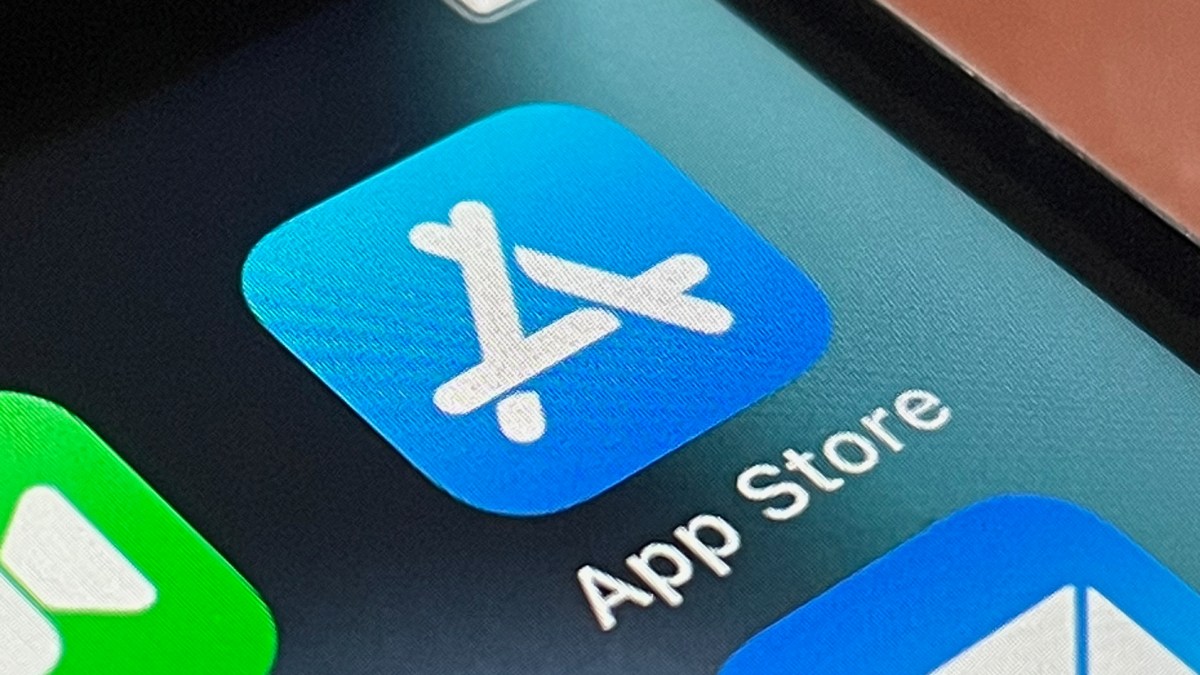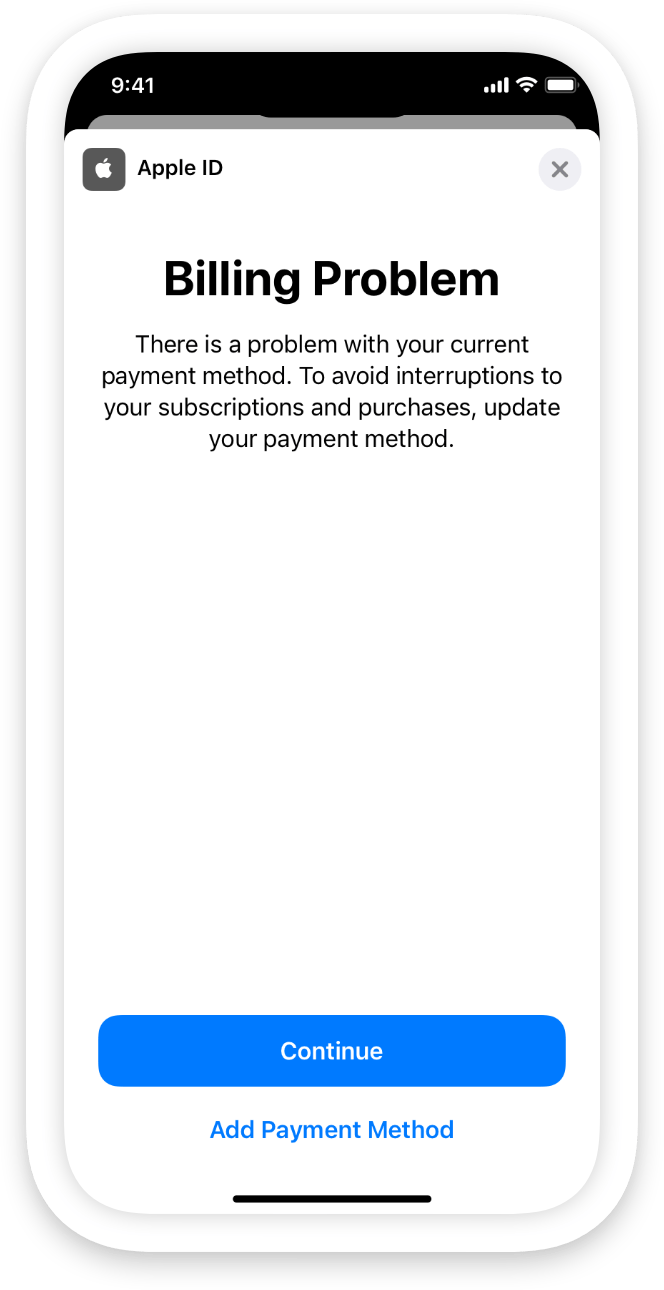
Apple is introducing a new feature that will reduce the burden on app developers when it comes to solving subscription billing issues. Often, when an app’s subscribers have a payment method that fails, they’ll turn to the app developer for help. But the developer doesn’t handle billing issues for their App Store apps — those are managed by Apple itself. This leads to some back-and-forth where the developer has to determine the problem and advise the customer on how to proceed so they can keep using the app. Now, Apple says a new feature will instead prompt users inside the app when their payment method fails, meaning they’ll no longer need to bother the developer for help with this common issue.
The company announced in a blog post to its developer community that it will soon pop up a warning in a system-provided sheet inside the app that lets customers update their payment method associated with their Apple ID.
The sheet advises the app’s user there “is a problem with your current payment method” and that they need to update it to “avoid interruptions to your subscriptions and purchases.” Users can then press the big blue “Continue” button at the bottom of the screen to proceed to update their method of payment — for example, entering the new expiration date for a credit card after the older one expires. There’s also an option to “Add Payment Method” to switch to a new card.

Image Credits: Apple
Even better, developers won’t have to make any changes on their end to support the feature, Apple says — it will roll out automatically starting sometime this summer.
However, developers are now able to get familiar with the sheet in the sandbox environment, where they can simulate billing issues to see how the system responds. Developers will also be able to suppress the prompts using messages and display in StoreKit, if they choose.
The new system complements other features Apple has built around subscriptions, including machine learning-powered payment retries and a Billing Grace Period that lets customers continue to access their subscriptions while Apple attempts to collect the payment.
The feature will be a benefit to consumers and developers alike, as it will simplify the process of updating their payment method and free up the developer’s time to work on more technical issues. Of course, the launch also comes at a time when Apple is being investigated over antitrust issues due to its high App Store fees, which has led many in the developer community to want to handle their own payments directly, outside of Apple’s platform. By adding in a useful feature like this, Apple has a better chance at retaining smaller developers who want to eliminate the hassle of subscription management.






